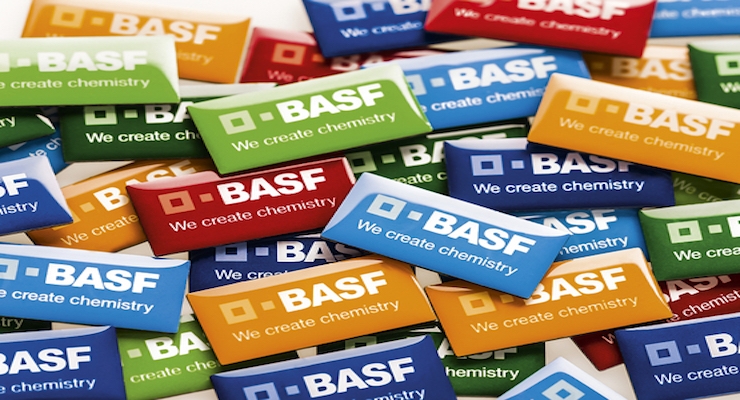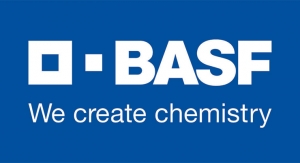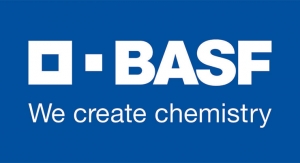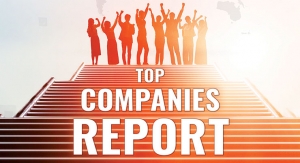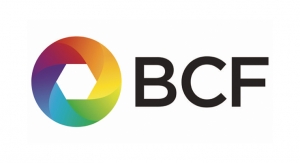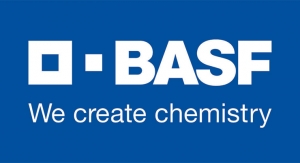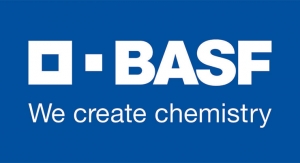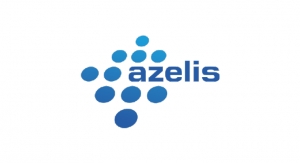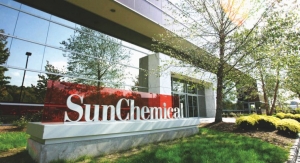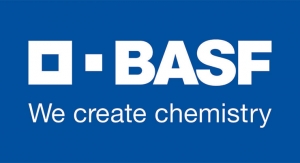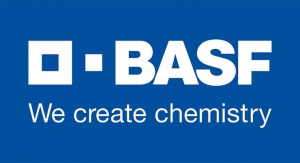12.10.18
Based on the earnings data for November 2018, BASF now expects a considerable decrease in income from operations (EBIT) before special items for the fiscal year 2018 in the range of 15% to 20% compared with the prior year (EBIT before special items in 2017: €7,645 million). BASF previously forecasted a slight decline of up to 10% compared with the prior-year figure. For EBIT of the BASF Group, the company continues to expect a considerable decline and for sales, a slight increase of up to 5%.
The significant decline in EBIT before special items compared with the prior-year figure is mainly attributable to the Chemicals segment. In particular, isocyanate prices fell more sharply, and steam cracker margins were lower than expected. In addition, the low water level of the Rhine River in the fourth quarter of 2018 is expected to lead to negative earnings impacts of up to €200 million, higher than previously forecast. In the third quarter of 2018, the negative earnings impact from the low water level of the Rhine could be limited to around €50 million.
Furthermore, BASF’s business with the automotive industry has continued to decline since the third quarter of 2018; in particular, demand from customers in China slowed significantly. The trade conflict between the United States and China contributed to this slowdown.
On Tuesday, Feb. 26, 2019 at 7:00 a.m. CET, BASF will publish the Annual Report for the fiscal year 2018 and will comment on the figures at the annual press conference for journalists (from 10:30 a.m. CET) and the conference call for analysts and investors (from 2:00 p.m. CET).
The significant decline in EBIT before special items compared with the prior-year figure is mainly attributable to the Chemicals segment. In particular, isocyanate prices fell more sharply, and steam cracker margins were lower than expected. In addition, the low water level of the Rhine River in the fourth quarter of 2018 is expected to lead to negative earnings impacts of up to €200 million, higher than previously forecast. In the third quarter of 2018, the negative earnings impact from the low water level of the Rhine could be limited to around €50 million.
Furthermore, BASF’s business with the automotive industry has continued to decline since the third quarter of 2018; in particular, demand from customers in China slowed significantly. The trade conflict between the United States and China contributed to this slowdown.
On Tuesday, Feb. 26, 2019 at 7:00 a.m. CET, BASF will publish the Annual Report for the fiscal year 2018 and will comment on the figures at the annual press conference for journalists (from 10:30 a.m. CET) and the conference call for analysts and investors (from 2:00 p.m. CET).

